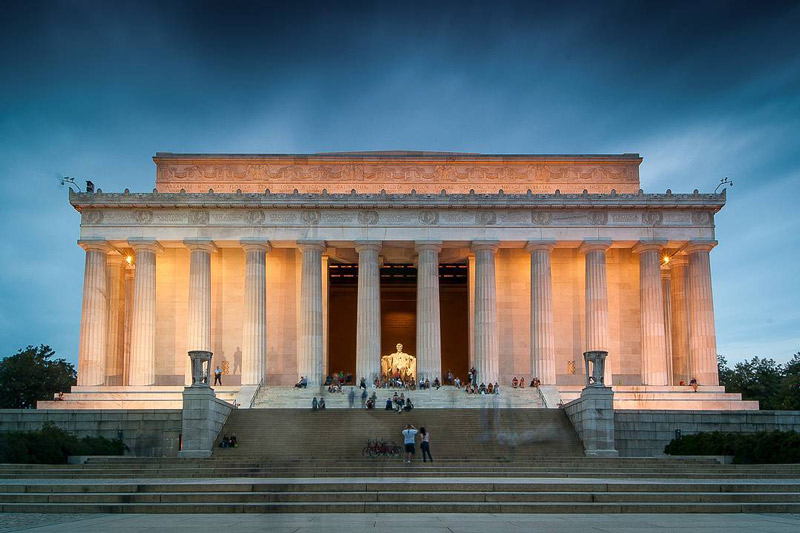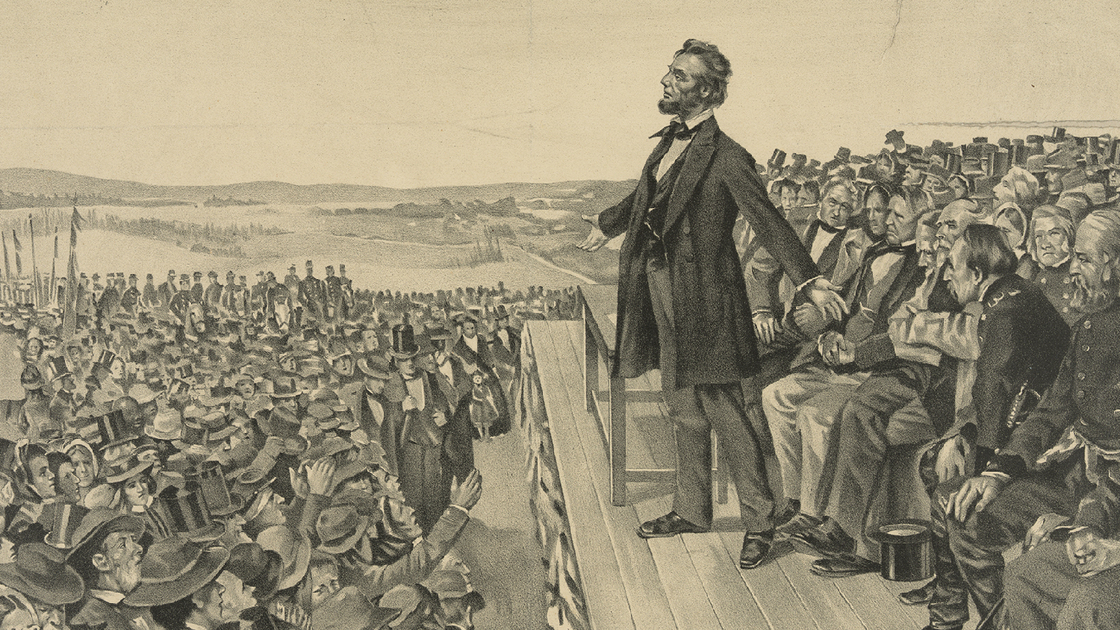The Abraham Lincoln National Day of Prayer 1863 Washington DC was one of the most powerful spiritual moments in American history. On March 30, 1863, in the midst of the Civil War, President Lincoln issued a proclamation appointing a national day of “humiliation, fasting, and prayer.”
Lincoln called the nation to confess its sins, repent, and seek God’s mercy. His words revealed not only the depth of the crisis but also his conviction that America’s hope for survival depended on divine intervention.
The Proclamation (Excerpt)
“We have been the recipients of the choicest bounties of Heaven. We have been preserved these many years in peace and prosperity. We have grown in numbers, wealth, and power, as no other nation has ever grown. But we have forgotten God. We have forgotten the gracious hand which preserved us in peace, and multiplied and enriched and strengthened us, and we have vainly imagined, in the deceitfulness of our hearts, that all these blessings were produced by some superior wisdom and virtue of our own. Intoxicated with unbroken success, we have become too self-sufficient to feel the necessity of redeeming and preserving grace, too proud to pray to the God that made us!”
Lincoln’s proclamation thundered like a sermon, reminding the nation that pride and sin had brought calamity. His call to prayer was an urgent plea for repentance and renewal.
Historic Backstory
The Civil War was tearing the nation apart in 1863. Battles at Antietam, Fredericksburg, and Chancellorsville had cost tens of thousands of lives. The Emancipation Proclamation had been issued just months earlier, redefining the war as a struggle for freedom as well as unity.
In this context, Lincoln’s National Day of Prayer 1863 was more than symbolic. It was a desperate recognition that the nation could not heal or survive without God’s intervention. The proclamation was supported by the Senate and widely observed across the Union. Churches filled with people fasting, repenting, and interceding for peace.
Biblical Parallel — A Nation Repenting
Lincoln’s words echo 2 Chronicles 7:14: “If my people, who are called by my name, will humble themselves and pray and seek my face and turn from their wicked ways, then I will hear from heaven, and I will forgive their sin and will heal their land.”
The Abraham Lincoln National Day of Prayer 1863 Washington DC was exactly that — a call for humility, confession, and healing.
Modern Application — Returning to God in Crisis
Today, America faces division, conflict, and hardship of its own. Lincoln’s example reminds us that national renewal begins not with politics but with prayer. Just as he called for a national day of fasting and repentance, the National Prayer Wall calls believers in every ZIP Code to intercede for their communities and for the healing of our nation.
Visit Washington, DC Today

Lincoln’s words were issued from the capital, and his legacy can still be felt in Washington, DC (ZIP Code 20004). Visitors can reflect on his leadership at the Lincoln Memorial and explore the preserved texts of his proclamations in the National Archives.
📍 This proclamation was issued in Washington, DC 20004.
And just 81 years later, in 1944, President Franklin D. Roosevelt would lead the nation in prayer on D-Day as American troops stormed the beaches of Normandy.
Read about Roosevelt’s D-Day Prayer →
Reference Prayers and Proclamations: Historic Prayers in American Life (White House PDF)


